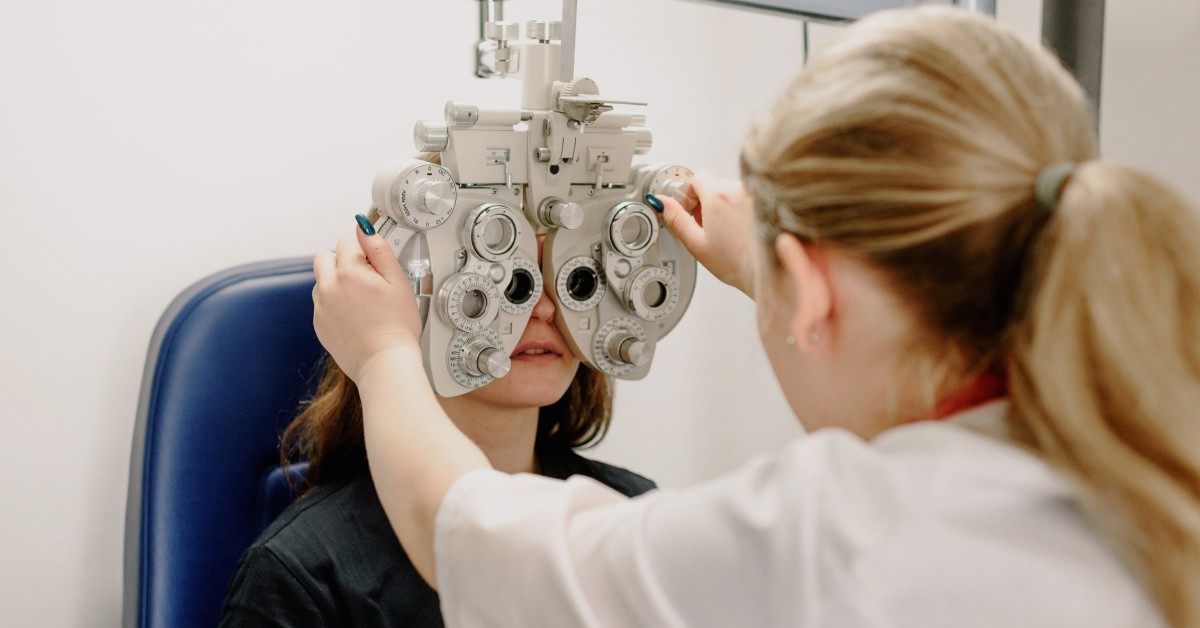
What is a Bachelor of Science in Nursing?
Education requirements for nurses in the U.S. are becoming more [...]

Rehabilitation nursing is a growing specialty in healthcare, and it is in high demand: most hospitals and other healthcare facilities would not be able to function without rehabilitation nurses. These nursing specialists help people with disabilities and chronic illnesses resume function and activities of daily living.
As a rehab nurse, you’ll see patients through a vulnerable period in their lives, providing direct support and care as they rehab and come back from injuries and illnesses.
In this guide, we’ll discuss:
To become a rehab nurse, first you have to become a nurse, in itself no mean feat: surviving nursing school can be a challenge.
Once you’ve completed your training, you’ll need to choose an area of specialization. Here are some of the pros and cons of rehabilitation nursing.
A rehab nurse is typically a registered nurse with a nursing degree who helps people with disabilities or chronic illnesses.
Here are some of the nursing job duties you can expect to do when you work in rehabilitation services:
Rehabilitation nurses work in a variety of settings, including:
__According to the Association of Rehabilitation Nurses (ARN), rehab nurse specialization areas include include:__
The world of nursing can be quite a journey. A number of different academic pathways lead to the rehab nurse role, but all of them require at least some schooling. Different nursing programs have their own curriculum style, but they should all use evidence-based practice.
While earning your nursing degree, you’ll complete clinical training that provides hands-on experience. If you’re interested in rehab nursing, pursue clinical rotations in rehabilitation science, physical therapy, occupational therapy, and long-term care. Enrich your specialization with coursework focused on rehab and physical therapy.
You’ll need to be a registered nurse if you want to become a Certified Rehabilitation Registered Nurse (CRRN). You can become an RN with a Bachelor of Science in Nursing (BSN) or an Associate of Science in Nursing (ADN or ASN). Many employers prefer the BSN, which provides broader medical training.
An associate’s degree can take two or more years to complete, while a full-time bachelor’s program is typically completed in four years. You’ll also need one to two years of experience working as an RN to earn your CRRN certification.
Many people in rehabilitation nursing decide to pursue a master’s degree as well. Earning your Master of Science in Nursing (MSN) will take approximately two years beyond the bachelor’s degree. Some programs will admit you without work experience, while others prefer students with a few years of work experience in nursing.
To work as a nurse on a rehab team, you need to be a licensed practical nurse (LPN) or a registered nurse (RN). Once you complete the required program (which includes academic courses as well as clinicals), you’ll need to pass the appropriate National Council Licensure Examination (NCLEX).
You’ll also need to become licensed in your state. Most states have similar requirements:
Beyond licensure as a nurse, specific rehab certification is not officially required. That said, most rehab nurses are certified as a Certified Rehabilitation Registered Nurse (CRRN) by the Association of Rehabilitation Nurses (ARN). You must have at least two years of experience as an RN plus advanced schooling to sit for the certification exam.
The Internet is loaded with useful resources to help you on your journey to becoming a rehab nurse. Check out the following professional organizations for support and resources along your journey:
Joining these organizations will provide you with many opportunities to keep up with the latest in rehabilitation nursing and patient care. You’ll receive newsletters, learn about conferences and networking opportunities, and much more.
If you start your career as a generalist rehab nurse, you may be able to advance your career through specialization in an area such as pediatrics, gerontology, or pain management. Many rehabilitation nurses ascend to the role of charge nurse or supervisor as their careers progress.
You could also become an advanced practice registered nurse (APRN), a role in which both your responsibilities and income will increase. APRNs must hold a master’s in nursing; some have earned a Doctorate of Nursing Practice (DNP).
According to the Bureau of Labor Statistics, registered nurses earn an average of $71,730 per year. Glassdoor reports that the average charge nurse makes $96,005 per year. This jump likely takes into account the fact that experienced rehab nurses are often charge or supervisory nurses.
Nurses need to continue their education once they’re on the job. You can work toward your master’s degree, or get continuing education credits, focusing on rehabilitation science or branching out into other fields. Registered nurses can also go back to nursing school for a second or an advanced degree.
ARN offers a course called Introduction to Rehabilitation Nursing that can help you as you start your rehab nurse career. This course provides 12 credit hours of continuing nurse education (CNE). Each state requires a different number of CNEs, but most all states require nurses to accrue some periodically.
In addition to the NCLEX and the optional certification through ARN, there are no other exams you must pass. You can, however, seek additional nursing certifications to broaden your career horizons and improve your patient care.
Becoming a rehabilitation nurse takes hard work, ongoing education, and a deep commitment to caring for patients, sometimes with long-term, challenging care needs. It’s not easy work, but if you have a drive for enriching healthcare service and compassion for others in need, you’ve likely found a great career fit.
Questions or feedback? Email editor@noodle.com

Education requirements for nurses in the U.S. are becoming more [...]

Optometrists conduct eye exams that detect not only myopia, glaucoma, [...]

Admissions requirements and prerequisites for a master's degree in health [...]

How do you navigate the ever-accelerating changes in technology and [...]

Whether you're bored at your current job or simply ready [...]
Categorized as: Advanced Practice Nursing, Nursing & Healthcare